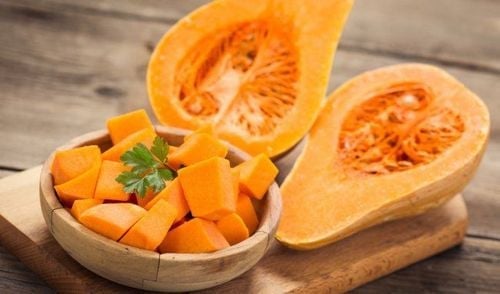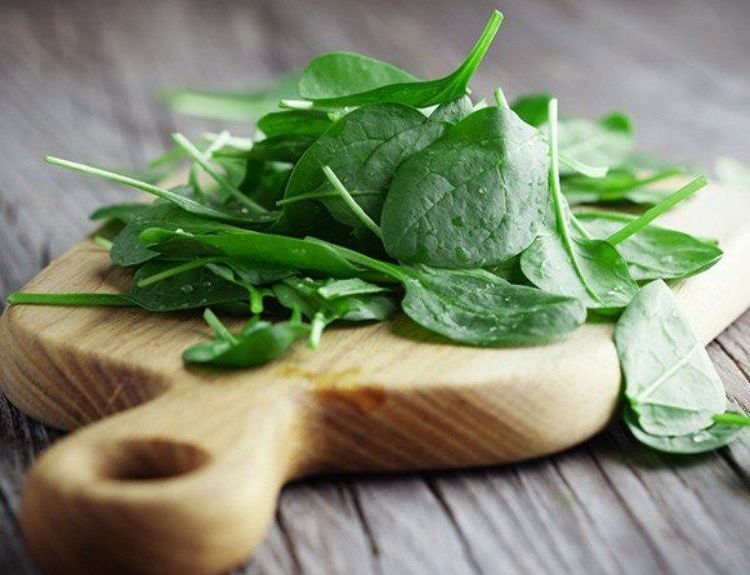If you’re looking for pesticide-free, safe, and nutritious vegetables, here are 5 expert-recommended options:
Water Spinach
Water spinach is less likely to be contaminated with pesticides due to its natural growth in water fields, requiring fewer sprays as it grows rapidly. It also tends to have fewer pests than dry-land-grown water spinach.
Nutritional highlights: Water spinach is rich in iron, calcium, and fiber, making it beneficial for those with anemia and supporting digestion. It also contains vitamins A and C, boosting immunity.
How to choose: Opt for water spinach with smaller stems and naturally green leaves (avoid overly shiny or large stems).
2. Pumpkin (Winter Squash)
Pumpkins have thick skins that naturally resist pests, reducing the need for pesticides. They are typically grown organically, requiring minimal chemical fertilizers.
Nutritionally, pumpkins are rich in beta-carotene, which is a precursor to vitamin A, benefiting eye and skin health. They also contain potassium and fiber, supporting cardiovascular health and digestion, as shared by dietary experts.

Amaranth
Amaranth is naturally resistant to pests and diseases, requiring fewer pesticide sprays. It is typically grown seasonally during the summer-autumn period, experiencing fewer pests than winter crops.
Nutritionally, amaranth is a good source of calcium, iron, and magnesium, supporting bone and blood health. It also contains antioxidants that help prevent aging.
How to choose: Look for amaranth with deep green leaves, supple stems, and no signs of wilting.
4. Kale
Kale leaves are tougher, making them less susceptible to pests compared to softer varieties like sweet mustard greens or Chinese cabbage. Kale is often organically grown in many places.
Nutritional benefits, according to dietary experts: Kale is a superfood packed with vitamins K, C, and A, benefiting bone and immune health. It also contains sulforaphane, a compound that fights cancer.
How to choose: Opt for kale with deep green, crisp leaves, free from yellowing.
5. Malva Nutalliana
Malva Nutalliana grows rapidly and is naturally resistant to pests and diseases, requiring fewer pesticide sprays. It is commonly grown in home gardens or small plots.
Nutritional highlights: This vegetable is rich in pectin, benefiting digestive health and preventing constipation. It also contains vitamin A and iron, supporting vision and blood health.

Notes on Buying Safe Vegetables
– Prioritize seasonal vegetables (less prone to pests than off-season produce).
– Source your vegetables from organic stores or people you know who grow them naturally.
– Soak vegetables in salted water or diluted vinegar before consumption to reduce any potential pesticide residue. Bon appétit, and happy healthy eating!

































